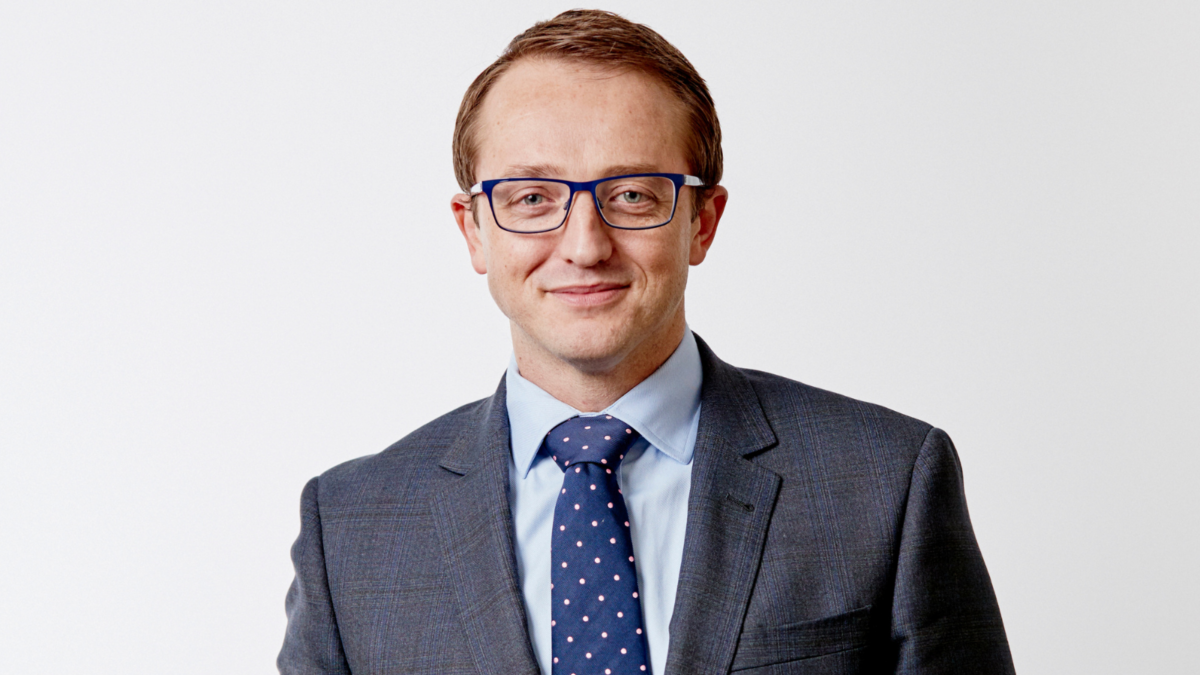AustralianSuper thinks it’s ‘time to worry about the horses’
There’s a lot more money at risk from technological change than there is in investments that will profit from it, according to AustralianSuper head of asset allocation Alistair Barker, and even sophisticated institutional investors could wind up losers if they don’t heed history.
“There’s that saying ‘this time is different’ and I think that saying is only half-true,” Barker told the final AIST Superannuation Investment conference. “We’ve seen many technological revolutions… and every technological revolution has echoes and patterns that are somewhat similar.”
When the mass production of automobiles was just beginning, for example, there were about 125 companies set up in America to service what was expected to be an enormous client base. If you’d piled everything into some of those companies you would have lost your shirt. In the dot com era, the same was true; there were 15 Pet.Coms for every Amazon. The ‘”giddy joke”, Barker said, is that without speculative capital coming into the market, it never would have taken off.. But backing the wrong one means losing all your money.
“But the one thing that people should have been certain about when we were mass producing motor vehicles was that they should sell their horses,” Barker said. “When we look at AI, it’s partly about the opportunity – and partly about finding out where the horses are… The one thing I’m certain about is that all our portfolios are filled with incumbent businesses in incumbent industries that could all be impacted.”
“On a dollar-weighted basis, the amount of money we have at risk from technological disruption is greater than the amount of money we have at risk to profit. The amount of money in Silicon Valley venture capital is one, perhaps two AustralianSupers. It’s not a very large industry; the profit potential for large investors is pretty small.’
AustralianSuper is currently working on research with Standford University pension fund researcher Ashby Monk on the risks and opportunities of what’s now being touted as a fourth industrial revolution because sometimes large investors need to “worry about the horses”. It’s also sweating geopolitical developments; it has an office in Beijing and runs an internal China-A share strategy, and doesn’t put much stock in the notion that just because there’s no ongoing kinetic conflict a “benign” environment prevails.
“There’s no benign scenario,” Barker said. “One saying we use internally is the concept of a ‘cold peace’… That can manifest problems for investors regardless of whether there’s an actual kinetic war; it can come out in covert actions like cyberwarfare; it can come out in trade wars, tariffs, sanctions. It’s only very recently that the US announced restrictions on what US investors can do with investing in mainland China.”
That changing political environment – locally and globally – has implications for private market managers too, according to Stuart Wrigley, head of APAC alternatives capital markets and strategy at Goldman Sachs , leading to the re-industrialisation of many companies and CEOs that are more pessimistic.
“The biggest change is that it’s really bringing risk management back to front-and-centre. I think if we’re all honest with ourselves we’ve really de-emphasised it over the last decade or so and I think we’ve now got to put it back at the forefront of our minds. We’ve also got to change the way we think about risk management – we’ve got to think more as futurists.”











